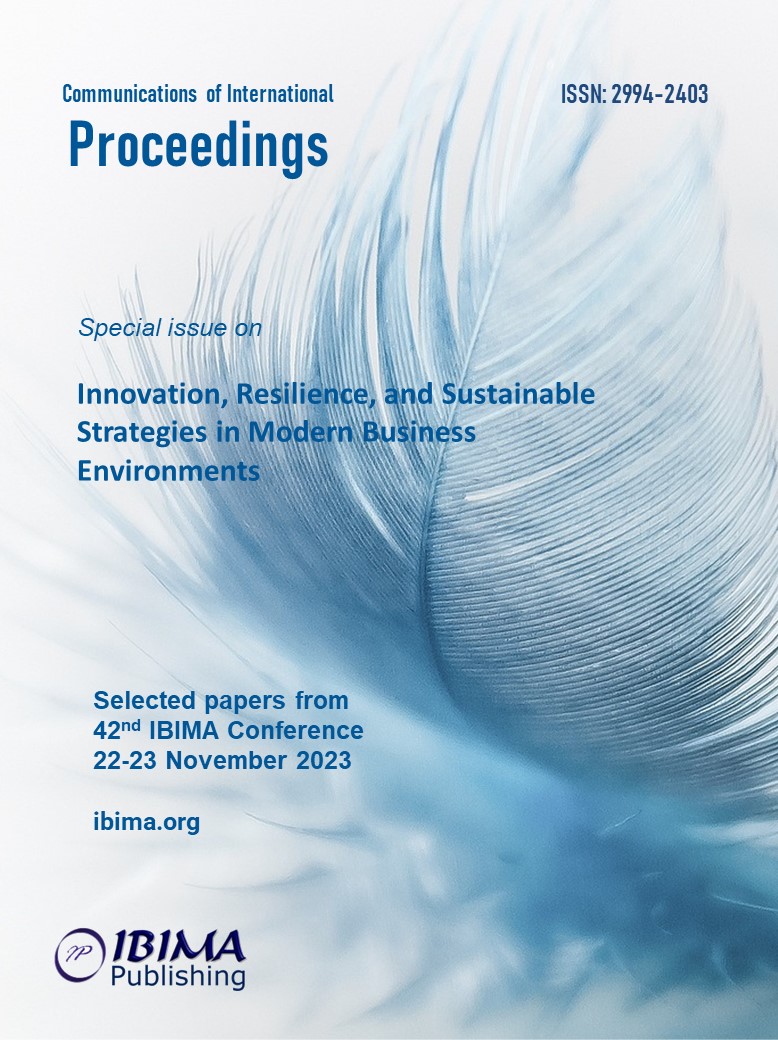
1Philippe JACQUINOT and 2Arnaud PELLISSIER-TANON
1 Université Paris-Saclay, Univ Evry, IMT-BS, LITEM, 91025, Evry-Courcouronnes, France
2 Université Paris 1 Panthéon-Sorbonne, PRISM Sorbonne, 75005, Paris, France

When dealing with the management of autonomy, the theory of organisations neglects what employees’ decisions are about, or at least does not take it into account in all its aspects, which prevents it from offering a complete and ordered vision of the subject. This research sets out to fill this gap by mobilising the four causalities of a being as defined by Greek philosophy. It finds that hierarchical management is appropriate when the employee is not capable of arranging the various resources of the organisation in the best possible way (material causality), that management by objectives is appropriate when the employee is capable but does not know how best to decide on the division of labour (formal causality), that management by culture is needed when the employee is able to deliberate finely on these first two facets of the organisation but is not able to discuss wisely the values around which the members of the organisation rally (efficient causality), and finally that liberated management is to be deployed when the employee can deliberate on these first three points of view but cannot discuss his mission reasonably (final causality). As each of these points of view on the organisation is understood in turn, the autonomy granted in management increases.